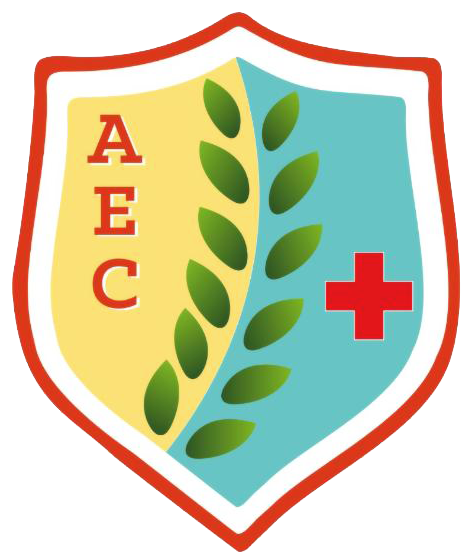FAQ's

RELATED QUESTIONS
Most Frequent Questions
Common symptoms include abdominal pain, bloating, gas, diarrhea, constipation, heartburn, nausea, and vomiting. These symptoms can indicate a variety of conditions, so it’s important to consult a healthcare provider for a proper diagnosis.1
It is generally recommended that individuals at average risk of colorectal cancer start regular screenings at age 45. Depending on the initial screening results and family history, screenings should be repeated every 10 years, or more frequently for those at higher risk.
Managing IBS often involves dietary adjustments such as increasing fiber intake, avoiding gluten, and limiting foods that trigger symptoms like dairy, caffeine, and high-gas foods. Keeping a food diary can help identify triggers.
EUS is a minimally invasive procedure that combines endoscopy and ultrasound to obtain images and information about the digestive tract and surrounding tissues. It’s recommended for diagnosing and staging certain cancers, evaluating chronic pancreatitis, and assessing abnormalities in the digestive tract.
Treatment focuses on slowing the progression, managing symptoms, and preventing complications. Options include lifestyle changes, medication, endoscopic procedures for varices, and potentially liver transplantation in advanced cases.
Prevention includes vaccinations (for hepatitis A and B), practicing safe sex, and avoiding sharing needles. Treatments vary by type: Hepatitis A usually requires supportive care, while hepatitis B and C may need antiviral medications.
Lifestyle changes beneficial for liver health include maintaining a healthy weight, eating a balanced diet, exercising regularly, avoiding alcohol, and not smoking.
Patients with liver disease should limit salt intake to prevent fluid accumulation, avoid raw or undercooked shellfish, and consume a low-fat, high-fiber diet. Alcohol should be avoided to reduce liver strain.
While ERCP is generally safe, risks include pancreatitis, infections, bowel perforation, and bleeding. The risk of complications is low but increases if therapeutic procedures, like stent placement or stone removal, are performed.
Preventing GERD flare-ups involves lifestyle and dietary changes such as avoiding large meals, not lying down immediately after eating, reducing fatty or spicy foods, avoiding caffeine and alcohol, and maintaining a healthy weight.
LEAVE A MESSAGE
Do You Have Any Other Questions?

